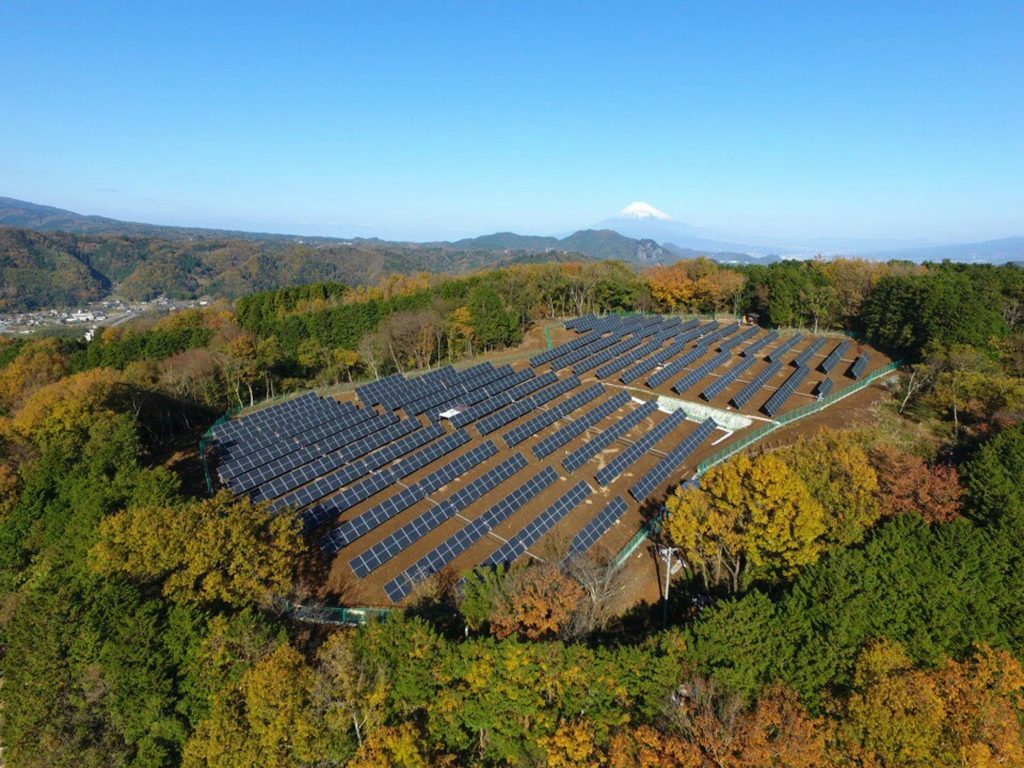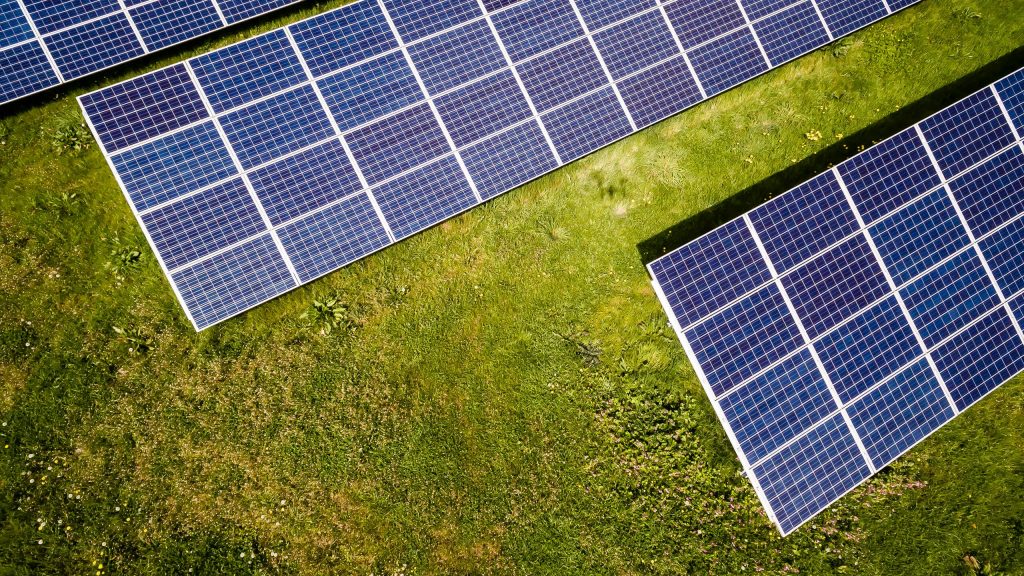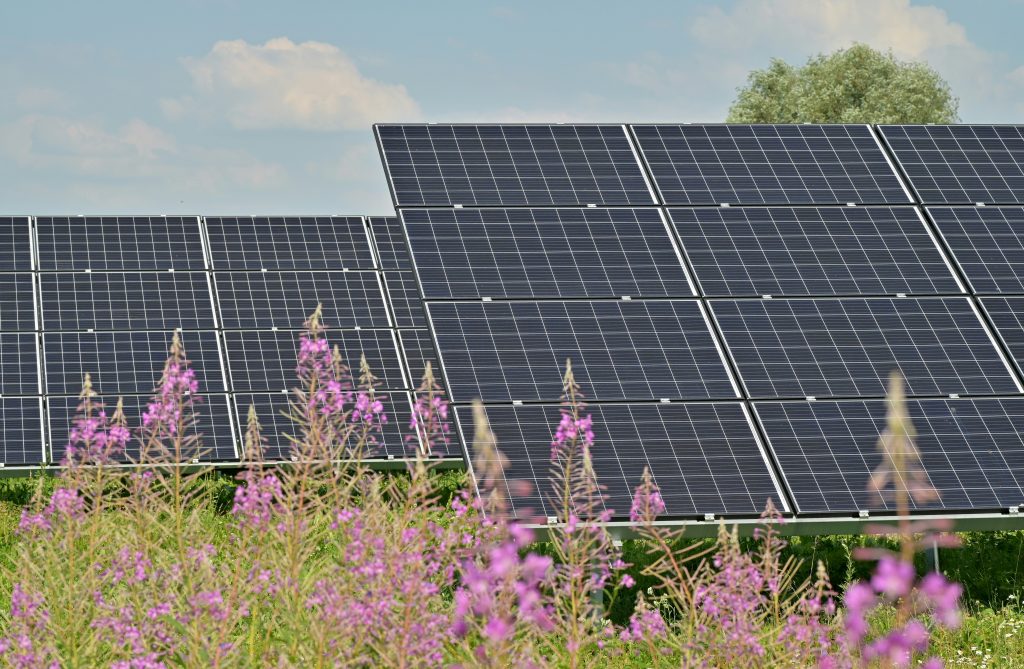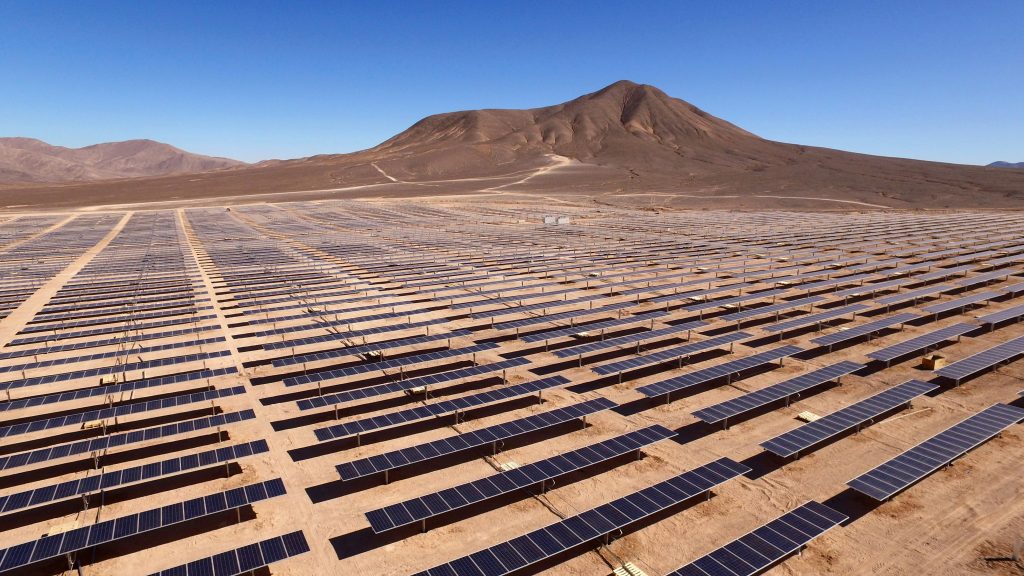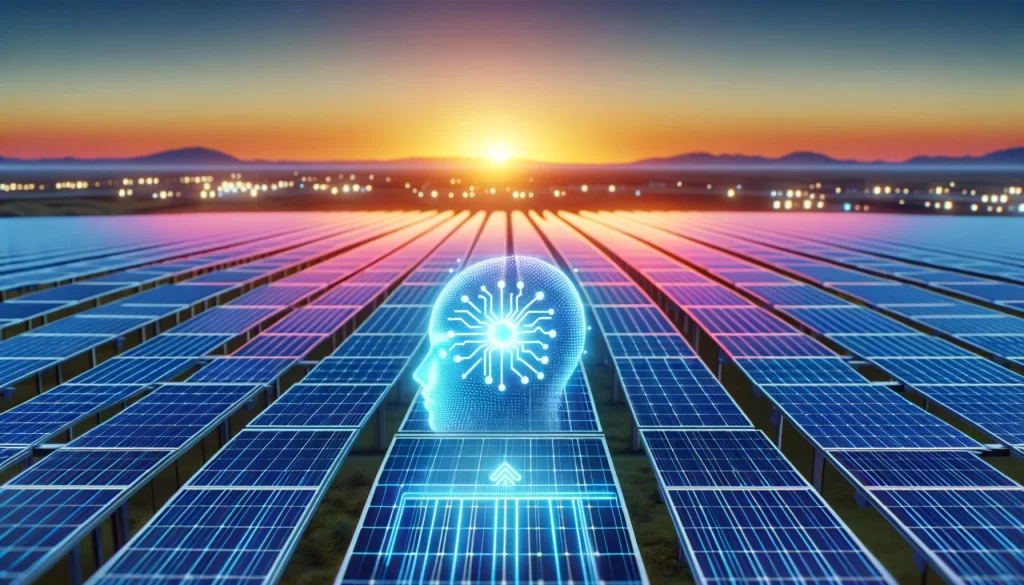Published by Contentify AI
- Introduction to Eco-friendly Practices in Solar Energy
- The Role of Artificial Intelligence in Sustainability
- Innovative AI Technologies Revolutionizing Solar Energy
- Reducing Carbon Footprint with Smart Solutions
- Harnessing Data for Efficient Energy Usage
- Case Studies: Successful Integration of AI and Solar
- The Future of Eco-conscious Energy Solutions
- Conclusion: Embracing AI for a Greener Tomorrow

Key Takeaways
- AI can optimize solar energy systems for better efficiency and performance.
- Eco-friendly practices in solar energy help reduce carbon footprints and promote sustainability.
- Integrating AI with solar energy technologies can enhance monitoring and maintenance.
Introduction to Eco-friendly Practices in Solar Energy
The integration of eco-friendly practices in solar energy is essential for fostering a sustainable future. Promoting eco-friendly practices with AI in solar energy enables the optimization of resource use and minimizes environmental impacts. This approach not only enhances energy efficiency but also encourages the adoption of renewable energy sources. By utilizing advanced technology, we can streamline solar energy production, reduce waste, and promote responsible consumption. As society increasingly recognizes the importance of sustainability, the role of eco-friendly practices in solar energy becomes crucial in addressing climate change and supporting a healthier planet.
The Role of Artificial Intelligence in Sustainability
Artificial Intelligence (AI) plays a pivotal role in sustainability efforts across various sectors, particularly in solar energy. By analyzing vast amounts of data, AI can optimize energy production and consumption, ensuring that solar systems operate at peak efficiency. Machine learning algorithms predict energy output based on weather patterns, enabling better planning and integration into the grid. Additionally, AI can enhance predictive maintenance, reducing downtime and prolonging the lifespan of solar equipment. This intelligent approach not only maximizes energy generation but also minimizes waste, making a significant contribution to promoting eco-friendly practices with AI in solar energy.
Innovative AI Technologies Revolutionizing Solar Energy
Innovative AI technologies are at the forefront of revolutionizing solar energy. These advancements include predictive analytics, which helps forecast solar energy production based on weather data, ensuring that power grids can efficiently balance supply and demand. Additionally, AI is utilized in optimizing solar panel placements, maximizing sunlight exposure, and enhancing energy capture. Smart monitoring systems equipped with AI can detect anomalies in real-time, facilitating timely maintenance and reducing downtime. Furthermore, AI-driven energy management systems enable consumers to monitor their usage patterns and adjust their consumption habits accordingly, promoting eco-friendly practices with AI in solar energy and contributing to a sustainable future.
Reducing Carbon Footprint with Smart Solutions
Reducing the carbon footprint through smart solutions is a crucial aspect of promoting eco-friendly practices with AI in solar energy. By leveraging AI technologies, solar energy systems can be optimized to not only enhance efficiency but also decrease emissions associated with traditional energy sources. Smart grids powered by AI can manage energy distribution more effectively, reducing reliance on fossil fuels and minimizing greenhouse gas emissions. Additionally, AI systems can analyze usage data to identify patterns and suggest energy-saving measures for consumers, encouraging responsible energy consumption. These intelligent solutions contribute significantly to creating a sustainable energy ecosystem, demonstrating the potential of AI in facilitating eco-friendly practices within the solar energy sector.
Harnessing Data for Efficient Energy Usage
Promoting eco-friendly practices with AI in solar energy involves harnessing data to enhance energy efficiency. By collecting and analyzing data from solar panels, weather forecasts, and energy consumption patterns, AI systems can optimize energy production and usage. This data-driven approach allows for more accurate predictions of energy output, helping to align production with demand effectively. Furthermore, AI algorithms can identify inefficiencies in energy systems, enabling timely interventions to minimize wastage. By leveraging data analytics, solar energy providers can implement strategies that not only enhance operational efficiency but also promote sustainable practices among consumers, ultimately contributing to a greener environment.
Case Studies: Successful Integration of AI and Solar
Case studies showcasing successful integration of AI in solar energy highlight the effectiveness of promoting eco-friendly practices with AI in solar energy. For instance, a leading solar company utilized AI algorithms to optimize their solar farm operations, resulting in a 20% increase in energy output. By predicting maintenance needs through data analytics, they minimized downtime and reduced operational costs. Another example involves a smart grid initiative where AI was employed to balance energy loads efficiently, significantly reducing reliance on non-renewable energy sources. These case studies illustrate how AI not only enhances the performance of solar technologies but also fosters sustainable practices, making a considerable impact on environmental conservation and energy management.
The Future of Eco-conscious Energy Solutions
The future of eco-conscious energy solutions hinges on promoting eco-friendly practices with AI in solar energy. As technology advances, AI is set to play an even more significant role in transforming how solar energy is harnessed and utilized. Innovations in machine learning and data analytics will enable more efficient energy production, predictive maintenance, and smarter energy management systems. By integrating AI into solar energy infrastructure, we can optimize energy distribution, reduce waste, and enhance the reliability of renewable energy sources. This synergy between AI and solar technologies not only supports a shift towards sustainable energy practices but also contributes to global efforts in combating climate change, paving the way for a greener and more sustainable future.
Conclusion: Embracing AI for a Greener Tomorrow
Promoting Eco-friendly Practices with AI in Solar Energy
Promoting eco-friendly practices with AI in solar energy is crucial for advancing sustainable energy solutions. AI technologies enable the optimization of solar energy systems by analyzing data to enhance efficiency and reduce waste. Through predictive analytics, AI can forecast energy production and adjust energy consumption accordingly, ensuring maximum utilization of renewable resources. Smart grid technologies powered by AI facilitate better energy distribution and management, minimizing reliance on fossil fuels and lowering carbon emissions. By harnessing AI, solar energy providers can implement intelligent monitoring systems that detect inefficiencies and automate maintenance, thereby promoting responsible energy practices. This integration of AI not only enhances the overall performance of solar energy systems but also supports global sustainability goals, making it an essential component of a greener future.

